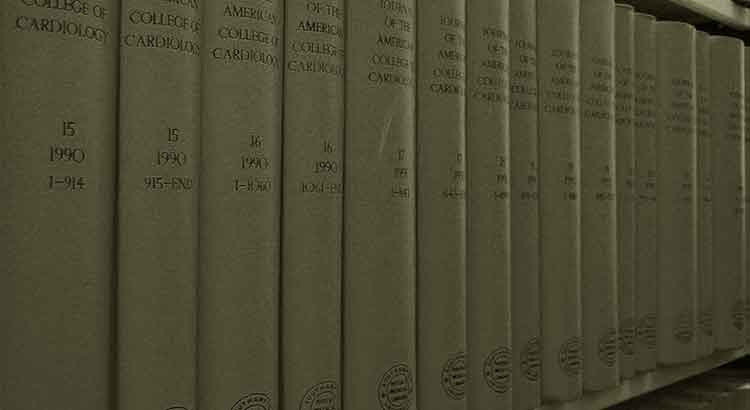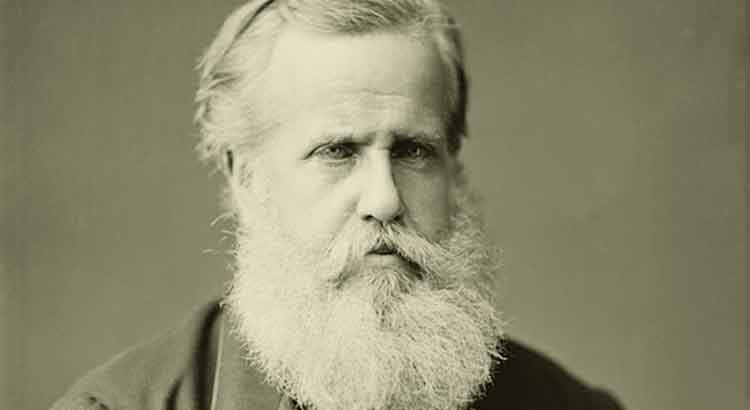Says Burckhardt, in my English translation:
Indeed, without this degree of force of character, the man of the most brilliant “talent” is either a fool or a knave. All great masters have, first and foremost, learned, and never ceased to learn, and to learn requires very great resolution when a man has once reached heights of greatness and can create easily and brilliantly. Further, every later stage is achieved only by a terrible struggle with the fresh tasks they set themselves.
“Force of character”, “never ceased to learn”, “terrible struggle”… here is a sensible view of the state of mind that produces great works. It is really a joke this romanticized view of the bon-vivant artist, so widespread these days. According to it, the exercise of art is a pleasure, a diversion for idle moments. An artist of this sort is, if anything, mediocre. Faced with the posture of a serious artist, even the much-talked “search for beauty” seems outrageously futile. All this idealization of the artist and art does not seem to define very well the real motivation of the one who devotes a huge effort, who shapes his entire existence around his own occupation, never relaxing, never satisfied, contrary to what is convenient for him. Burckhardt, like a few, gives us a prudent vision of what true greatness represents.



